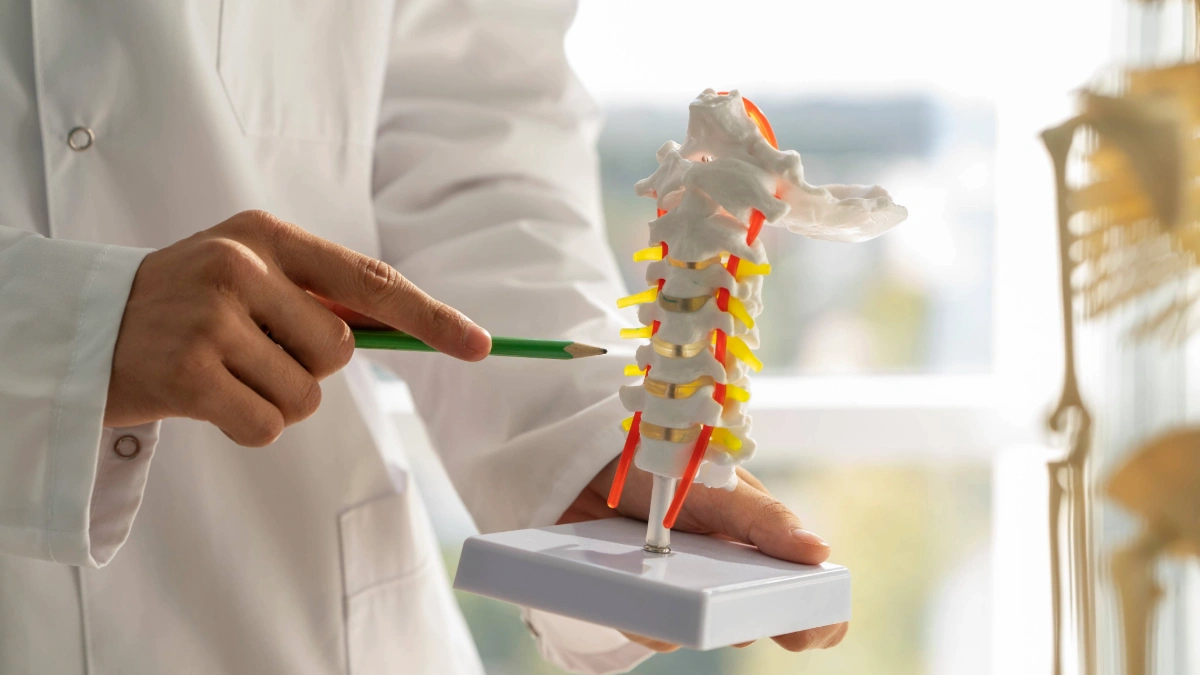Dumping syndrome is a disorder caused mostly by excessive stomach emptying. This condition can develop after various types of weight loss surgeries in which a part of the stomach is removed or bypassed. So, our aim is to provide you with a thorough understanding of this condition and empower you to manage it effectively.
What is Dumping Syndrome?
Dumping syndrome essentially involves the rapid entry of a large volume of food into the small intestine in an abrupt and sudden manner. In procedures such as gastric bypass, where the route from the stomach directly connects to the small intestine and due to the reduced size of the stomach, food can enter the stomach more rapidly, This syndrome can be observed in about one-third to one-half of cases. The main cause is high-calorie foods, including high-carbohydrate foods, entering the small intestine suddenly due to the reduced stomach volume.
What Causes Dumping Syndrome?
Dumping syndrome is akin to a challenging detective case, one where we must unravel the mysteries behind the discomforting symptoms. At the heart of this enigma lie the primary causes:
Rapid Gastric Emptying
Picture your stomach as a traffic officer overseeing the flow of food. After certain surgeries, it tends to forget its role, leading to a disarray in your digestive system. Undigested food hastily “dumps” into the small intestine, sowing chaos within.
The Sugar Saga (and its Dramatic Crash)
In both early and late dumping syndrome, sugar takes the spotlight. Here’s the narrative:
Early Dumping Syndrome: When sugary treats and confections make their way to the small intestine prematurely, your body responds with an insulin surge. This rapid reaction triggers a sudden drop in blood sugar, unleashing those unpleasant symptoms.
Late Dumping Syndrome: Similarly, but with a delayed twist, sugar from your meal can overwhelm your small intestine. Your pancreas then goes into overdrive, releasing copious amounts of insulin, ultimately resulting in hypoglycemia.
The central instigator of dumping syndrome, however, is the transformation that occurs in the stomach. Under normal circumstances, ingested food and fluids remain in the stomach for an initial period, mingling with stomach acid. Subsequently, food enters the small intestine for further digestion.
For individuals who have undergone weight loss surgery, whether for reasons like stomach cancer or weight loss, and have had procedures such as gastric bypass surgery, partial stomach removal, or in some cases, complete stomach removal, complications can arise. Among these complications, dumping syndrome stands as one of the most prevalent.
The alterations in the stomach’s shape and dimensions post-surgery disrupt its customary role in initiating food digestion. Instead, food and fluids either enter the small intestine directly or are expelled through vomiting, bypassing the usual residence in the stomach.
The Symptoms
Dumping syndrome can cause a variety of uncomfortable symptoms, frequently quickly after eating. Among the most common indications are:
Nausea
Nausea is a prevalent symptom experienced by individuals with dumping syndrome. A strange feeling in the stomach that may cause discomfort and a desire to vomit is what it is known for.
Vomiting
Vomiting is another distressing symptom that often accompanies dumping syndrome. It can happen because the body is having a hard time adjusting to the sudden flood of food into the intestines.
Weakness
The rapid emptying of the stomach can lead to a sudden drop in blood sugar levels, resulting in weakness. You may experience tiredness and lightheadedness as a result of this.
Hypoglycemia
Hypoglycemia (low blood sugar) is a major problem in dumping syndrome. It can result in a variety of symptoms such as shakiness, sweating, and confusion.
Diagnosis of Dumping Syndrome
Diagnosis of dumping syndrome is a critical step toward appropriate care. Doctors utilize a variety of tests to determine the presence of this condition. These tests include:
Gastric Emptying Scintigraphy
This test includes measuring the rate at which food leaves the stomach. A radioactive substance is ingested with a meal, and a scanner tracks its movement through the digestive system.
Oral Glucose Tolerance Test
In this test, a patient consumes a sugary solution, and blood sugar levels are monitored over a period of time. Rapid fluctuations can indicate dumping syndrome.
Treatment Approaches
Managing dumping syndrome frequently necessitates a combined approach that covers both nutritional and medicinal components. Here are some effective strategies:
Dietary Adjustments
Smaller, Frequent Meals: Consuming smaller, more frequent meals can help reduce the likelihood of rapid stomach emptying.
Avoid Sugary Foods: Steer clear of sugary and high-carbohydrate foods, as they can exacerbate symptoms.
Prioritize Protein and Complex Carbs: Focus on foods rich in protein and complex carbohydrates to provide sustained energy.
Medications
Acarbose: This medication helps slow down the absorption of carbohydrates in the intestines, preventing rapid blood sugar spikes.
Octreotide: While effective, it’s worth noting that Octreotide can impact digestion and may have side effects.
Consultation with a Dietitian
A dietitian can offer individualized advice on food selections and meal planning to properly treat dumping syndrome.
Weight Monitoring
Monitoring your weight on a regular basis will help you keep track of your progress and make sure that dietary and medication therapies are working.
Medication for Severe Cases
There may be times when taking medication is important to treat severe instances of dumping syndrome in order to reduce symptoms and enhance quality of life. However, this should be reserved for cases where other measures are insufficient.
FAQs
Can dumping syndrome go away on its own?
It can improve over time, especially with dietary and lifestyle adjustments. However, in some cases, it may persist and require medical intervention.
Can you prevent dumping syndrome?
While you can’t always prevent it, you can reduce your risk by following your surgeon’s post-operative instructions carefully and making dietary and lifestyle changes.
Is dumping syndrome dangerous?
While not life-threatening, dumping syndrome can significantly impact your quality of life. It can cause discomfort and disrupt your daily activities if not managed properly.
How long do dumping syndrome symptoms last?
The duration of symptoms can vary from person to person. Some experience short-lived discomfort, while others may have long-term challenges. It often depends on the severity and the individual’s response to treatment.
We’d like to emphasize that Avicenna International Hospital is your trusted partner on your path to better health. We’re not just a hospital; we’re a caring community of medical experts, cutting-edge technology, and unwavering dedication to your well-being. Your health journey begins right here with us at Avicenna International Hospital, where your health is truly our top concern.







